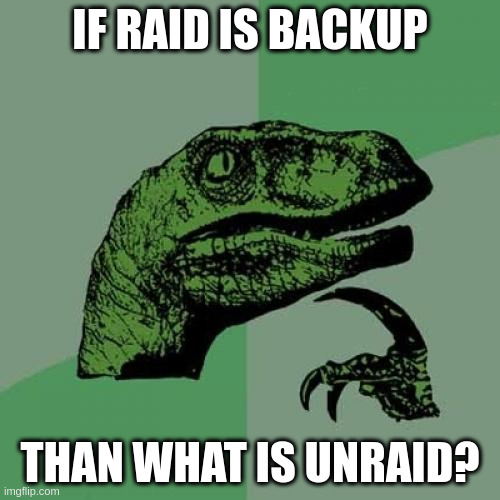I run Borg nightly, backing up the majority of the data on my boot disk, incl docker volumes and config + a few extra folders.
Each individual archive is around 550gb, but because of the de-duplication and compression it's only ~800mb of new data each day taking around 3min to complete the backup.
Borgs de-duplication is honestly incredible. I keep 7 daily backups, 3 weekly, 11 monthly, then one for each year beyond that. The 21 historical backups I have right now RAW would be 10.98tb of data. After de-duplication and compression it only takes up 407.98gb on disk.

With that kind of space savings, I see no reason not to keep such frequent backups. Hell, the whole archive takes up less space than one copy of the original data.
